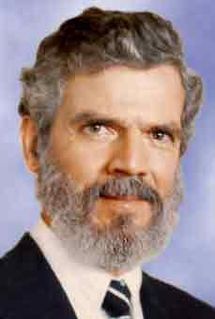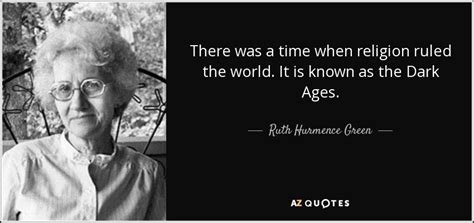A Quote by Jason Silva
We must not be afraid to push boundaries; instead, we should leverage our science and our technology, together with our creativity and our curiosity, to solve the world's problems.
Related Quotes
Economics and a reliance on science and technology to solve our problems has led to an unsustainable situation where continued growth in consumption is required for governments and business to be considered successful. This is a form of insanity. Economics is at the heart of our destructive ways and our faith in it has blinded us
We are more than our problems. Even if our problem is our own behavior, the problem is not who we are-it's what we did. It's okay to have problems. It's okay to talk about problems-at appropriate times, and with safe people. It's okay to solve problems. And we're okay, even when we have, or someone we love has a problem. We don't have to forfeit our personal power or our self-esteem. We have solved exactly the problems we've needed to solve to become who we are.
We must ask whether our machine technology makes us proof against all those destructive forces which plagued Roman society and ultimately wrecked Roman civilization. Our reliance - an almost religious reliance - upon the power of science and technology to forever ensure the progress of our society, might blind us to some very real problems which cannot be solved by science and technology.
The difficulty in today's world is our technology and science has outrun our theological advances. The reason for that is in technology and science, we have had the courage to ask the single question that theology has been afraid to ask: "Is it possible that there's something I don't know about this, the knowing of which would change everything?"
Contempt for science could perhaps depend on the fact that, science hasn't been able to solve any of our basic problems, for example the environmental pollution or the problems with HIV and AIDS. This is the worst disease of our time, and scientists are lost. I believe that many people are disappointed with science when the answers we need are not delivered.
Our knowledge and our ability to handle our problems progress through the open conflict of ideas, through the tests of phenomenological adequacy, inner consistency, and practical-moral consequences. Reason may err, but it can be moral. If we must err, let it be on the side of our creativity, our freedom, our betterment.
The arts, instead of quaking along the periphery of our policy concerns, must push boldly into the core of policy. The arts are a response to our individuality and our nature and help to shape our identity. The arts are not a frill and should not be treated as such. They have the potential to become the driving force for healing division and divisiveness.
We have this idea that everyone should be totally independent, totally whole, totally together spiritually, totally fulfilled. That is a myth. In reality, our lack of fulfillment is the most precious gift we have. It is the source of our passion, our creativity, our search for God. All the best of life comes out of our human yearning, our not being satisfied.
We are afraid that our adult sexuality will somehow damage our kids, that it’s inappropriate or dangerous. But whom are we protecting? Children who see their primary caregivers at ease expressing their affection (discreetly, within appropriate boundaries) are more likely to embrace sexuality with the healthy combination of respect, responsibility, and curiosity it deserves. By censoring our sexuality, curbing our desires, or renouncing them altogether, we hand our inhibitions intact to the next generation.
Yes I can list all sorts of organizational forms and cultural issues that can get in the way of our accessing our inner creativity and bringing it out in our world. And we can use all kinds of approaches that can transform the organization. But unless we have developed a sense of our Self (who we are at core, at our highest) and our Work (the purpose of our existence, the gift that we have to give to the world) and use that to deal with the inner obstacle, we can't sustain creativity in the face of the chaos of the world.
Maybe philosophical problems are hard not because they are divine or irreducible or meaningless or workaday science, but because the mind of Homo sapiens lacks the cognitive equipment to solve them. We are organisms, not angels, and our minds are organs, not pipelines to the truth. Our minds evolved by natural selection to solve problems that were life-and-death matters to our ancestors, not to commune with correctness ot to answer any question we are capable of asking.
I feel that we should stop wasting our time trying to please the supernatural and concentrate on improving the welfare of human beings. I think that, uh, we should use our energy and our initiative to solve our problems, and stop relying on prayer and wishful thinking. If we have faith in ourselves, we won't have to have faith in gods.






































